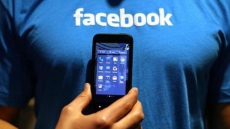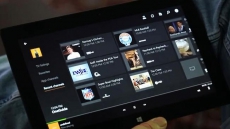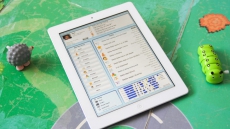Researchers from Cambridge University and Stanford University have devised a software that can reveal your personality better than your friends by analysing posts that you "like" on the social networking site Facebook.
The results showed that by mining Facebook "likes", the computer model was able to predict a person's personality more accurately than most of their friends and family.
Given enough "likes" to analyse, only a person's spouse rivaled the computer for accuracy of broad psychological traits.
"In the future, computers could be able to infer our psychological traits and react accordingly, leading to the emergence of emotionally-intelligent and socially skilled machines," said lead study author Wu Youyou from Cambridge's psychometrics centre.
For the new study, the researchers used a sample of 86,220 volunteers on Facebook who completed a 100-item personality questionnaire through the 'myPersonality' app as well as providing access to their "likes".
They found that the computer model could more accurately predict the subject's personality than a work colleague by analysing just 10 "likes"; more than a friend or a roommate with 70 "likes", a family member (parent, sibling) with 150 and a spouse with 300 "likes".
Given that an average Facebook user has about 227 "likes" (and this number is growing steadily), the researchers say that this kind of artificial intelligence has the potential to know us better than our closest companions.
According to Michal Kosinski, co-author and researcher at Stanford, machines have a couple of key advantages that make these results possible: the ability to retain and access vast quantities of information and the ability to analyse it with algorithms - the techniques of "Big Data".
The automated, accurate and cheap personality assessments could improve societal and personal decision-making in many ways - from recruitment to romance.
"People may choose to augment their own intuitions and judgments with this kind of data analysis when making important life decisions such as choosing activities, career paths or even romantic partners," added Cambridge co-author David Stillwell.
The results might also raise concerns over privacy as such technology develops, the authors contended.
The findings appeared in the journal Proceedings of the National Academy of Sciences.






